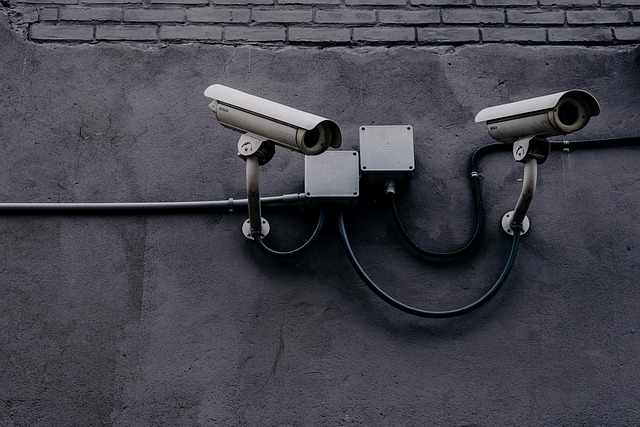The world is entering a transformative era marked by the Fourth Industrial Revolution, where robotics, artificial intelligence (AI), and automation redefine the landscape of business and governance. As these technologies increasingly intertwine, they present both unprecedented opportunities and complex challenges. Understanding this intersection becomes vital for policymakers, business leaders, and society at large as we strive for a future that is not only efficient but also equitable.
At the heart of this revolution is robotics. Advanced robotics are no longer confined to manufacturing floors; they now span diverse fields such as healthcare, agriculture, and logistics. These intelligent machines promise to enhance productivity and efficiency, enabling businesses to optimize operations and reduce costs. However, they also raise significant questions regarding labor displacement and the future of work. As robots take on roles traditionally held by humans, there is an urgent need for governance structures that ensure a smooth transition for the workforce. Upskilling and reskilling initiatives must be at the forefront of discussions around labor policies.
Artificial intelligence further compounds these complexities. AI systems have the potential to revolutionize decision-making processes in businesses, allowing for data-driven insights and automation of routine tasks. However, the adoption of AI is not without its ethical dilemmas. Issues regarding data privacy, algorithmic bias, and accountability need responsible governance frameworks that can adapt as technologies evolve. It’s crucial for leaders to strike a balance between harnessing the capabilities of AI while ensuring ethical standards are met, fostering trust and security among users and consumers.
In the realm of automation, businesses are leveraging cutting-edge technologies to streamline operations and enhance service delivery. From automated customer service systems to intelligent supply chain management, these advances can lead to cost savings and improved efficiency. However, as businesses become increasingly automated, the question arises: who governs these systems? With algorithms making decisions that affect lives, businesses must recognize their responsibility beyond profits. Governance in this space calls for transparency and accountability, ensuring that automated systems remain aligned with societal values and public interests.
As we navigate the Fourth Industrial Revolution, it’s crucial to forge collaborative partnerships between the tech industry, policymakers, and communities. By establishing a governance framework that includes diverse stakeholders, we can create an environment where innovation thrives while also safeguarding ethical standards and social equity. This cooperation can harness the benefits of robotics, AI, and automation while addressing public concerns about their impact on jobs, privacy, and security.
Ultimately, the future will be shaped not just by technological advancements but by the governance structures that underpin their deployment. As we embrace the possibilities of the Fourth Industrial Revolution, let us commit to proactive governance that prioritizes the well-being of all citizens. By doing so, we can create a world where technology serves humanity and fosters a more just and equitable society.




